#working in a museum
Explore tagged Tumblr posts
Text
.
#got a promotion at work#went out to celebrate with my loved ones#ate too much food#drank too much wine and ouzo#laughed a lot#perfect evening#personal#working in a museum
8 notes
·
View notes
Text
[Toon x Mobster] Sir toon and his loyal men.

This comes WAAYY way after Gavriel and Jack's relationship really takes off.
The other members were initially very against Gavriel and Jack's relationship, Gavriel Huffman included. However, Jack is eventually able to earn the respect of the other mobsters after proving himself able to protect both their boss [Gavriel] and the other members of their group, time and time again.
They swore to do him favors and other errands as a compensation for his benevolence. Jack himself didn't mean for this to happen, he just didn't want anyone to get hurt and his kind heart has won the group over in turn.
#toon x mobster#jack desmond#oc#ocs#original character#original characters#oc art#original character art#my drawing museum#la la la#so the power of friendship really does work!!#:D#this is another magma drawing btw HEHEW I LOVE MAGMA#MSpaint and Magma holding hands with me in the middle#I was supposed to upload a video this day and keep this post on hold to upload later but...#my internet died. argh.#I'm using phone data to post a draft (pain and misery) because the video is on my laptop
4K notes
·
View notes
Text
the true meaning of Christmas is telling museum guests about Snapdragon
what is Snapdragon? glad you asked
it's a Victorian Christmas game whereby you try to grab currants out of a bowl of flaming alcohol, with your bare hands
I'm told there's some Science wizardry whereby you don't actually burn yourself- most of the time -and videos I've seen of people playing it nowadays would seem to bear that out. but like...STILL

(It goes back to the 16th century, though this image is 1890s)
Merry Crisis and a Snappy New Year :)
2K notes
·
View notes
Text
The Great One
Far Frozen is not the only place with carvings of a half-ghost hero, and Danny has been inadvertently traveling between dimensions during his adventures, causing impacts both good and bad.
For one thing, carvings of his battles with Vlad are in Themyscira itself, assessed by an excited young Diana who wonders if such a being really existed, someone who relentlessly pursued evil and fought for justice. The young Amazon spent days admiring the murals, much to the dismay of her mother who was unsure if this happening was a good thing or not. In a way it was part of the reason she decided to leave her island later in life so maybe a mix of both.
Elsewhere, in Nanda Parbat, Ra reflects on murals of a creature bathed in shadows and ice, toxic green eyes that betray his connections to the afterlife and razor sharp fangs. A story for children who fear monsters under their bed, except that his family has proof that it existed, the Lazarus pits only served to confirm their theories. Ra thinks this is what the powerful deserves, immortality.
Even Arthur has found his castle walls filled with carvings of two creatures chasing each other, like day and night. There are tales of how they set the city ablaze in a single day, causing irreparable damage but not taking a single life despite their battles. Beings driven by emotion, persecution and intrigue, but without being benevolent or malevolent. A sample that any creature is imperfect, in a way he thinks it is poetic.
Everyone interprets these beings in their own way, creating their own legends from the anecdotes that were recorded by their ancestors. They never have the same title, no one decides on a name and no one seems to agree on whether these beings are benevolent or malevolent. Whether they are enemies, friends, rivals, or something else.
For some they are a moral lesson, for others a guide, in some cases they are considered righteous heroes, while in others they are the worst enemies of the living, the only sure thing is that they are recognized, one way or another.
Of course, this leads to disaster when Danny decides to explore the dimensions connected to the Infinite Realms.
#dpxdc#Danny is the reason Diana works in a museum too#Everyone is reacting to his presence#its like having a world of Frostbites#some are evil#now he's picturing an evil Frostbite because of some ninjas and that's a terrible mental image#dp x dc#dc x dp#Time in the Realms is different#Clockwork is definitely laughing because his barely adult king is freaking out#well at least Vlad is not there#unless#dp x dc prompt
2K notes
·
View notes
Text
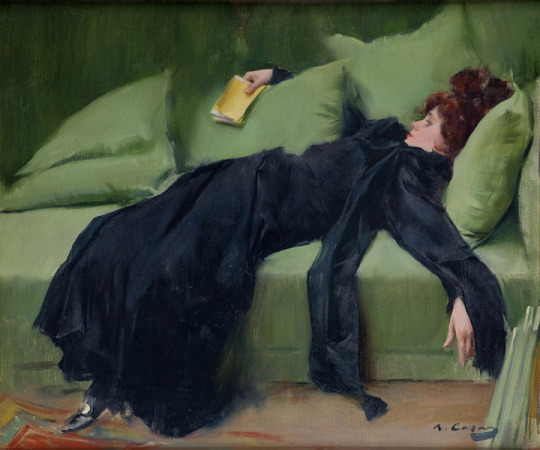
Ramon Casas (1866-1932) "A Decadent Girl" (1899) Located in the Museum of Montserrat, Barcelona, Spain
#paintings#art#artwork#genre painting#female portrait#ramon casas#fine art#museum of montserrat#museum#art gallery#catalan artist#genre scene#portrait of a girl#portrait of a woman#side profile#black dress#dresses#clothing#clothes#green#decadent movement#1890s#late 1800s#late 19th century#a queue work of art#1k#2k
3K notes
·
View notes
Text
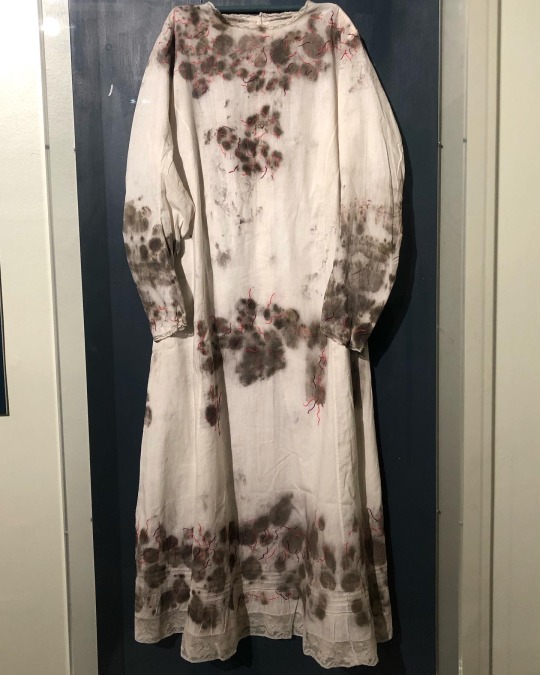
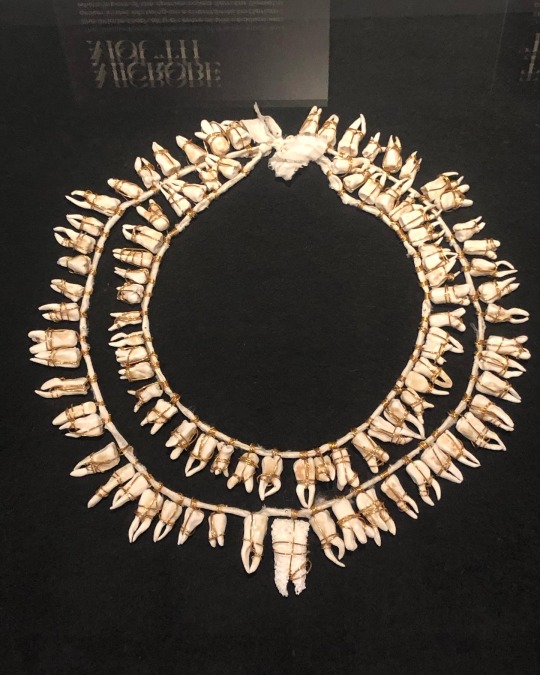
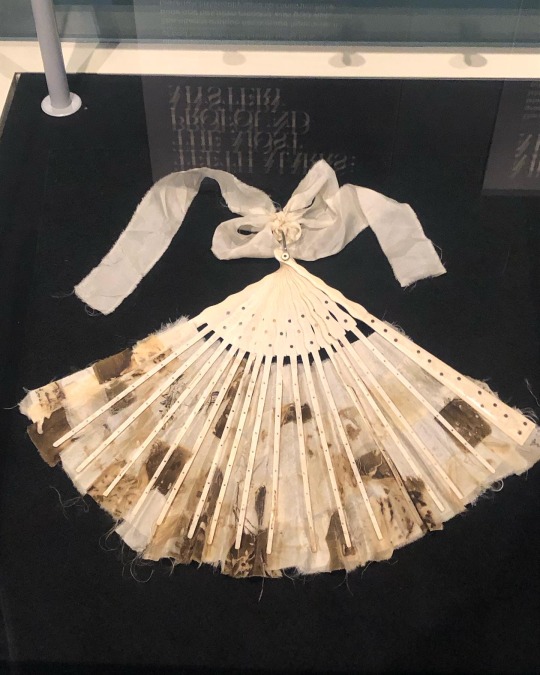
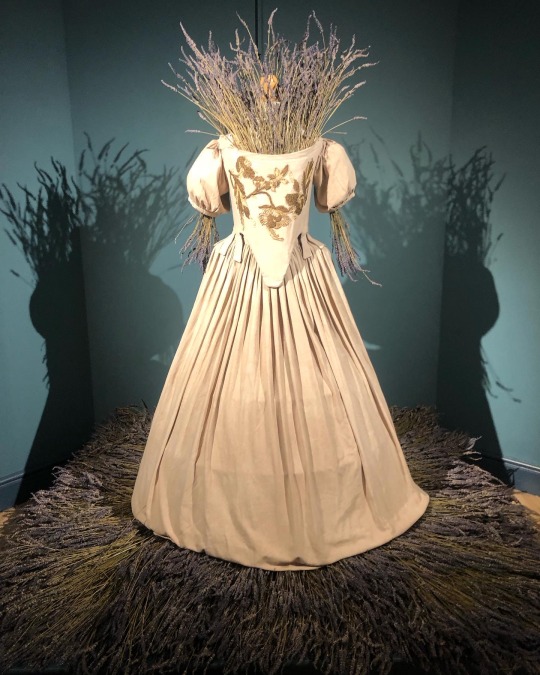
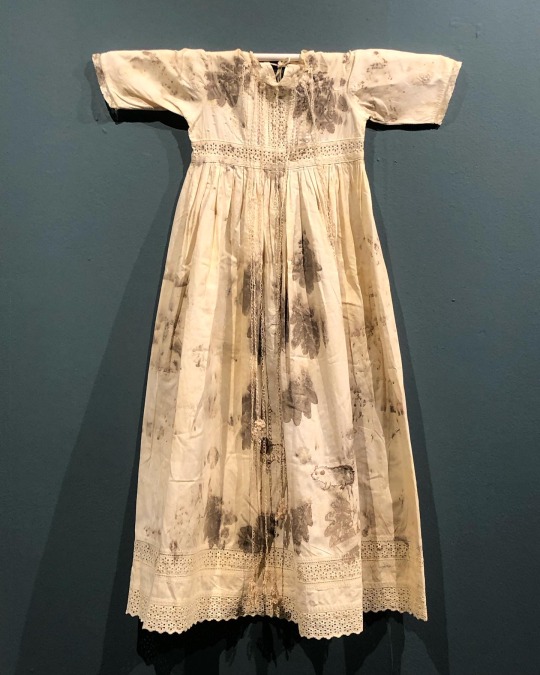
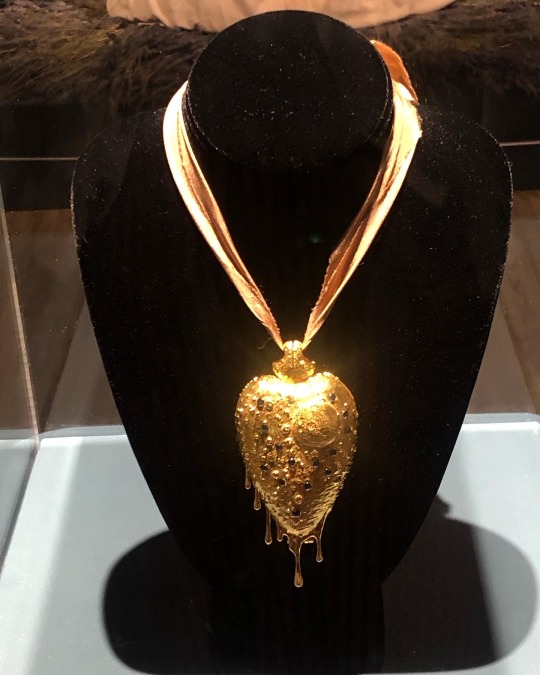
‘Fragile Microbiomes’ by bio-artist Anna Dumitriu
1. SYPHILIS DRESS- This dress is embroidered with images of the corkscrew-shaped bacterium which causes the sexually transmitted disease syphilis. These embroideries are impregnated with the sterilised DNA of the Nichols strain of the bacterium - Treponema pallidum subsp. pallidum - which Dumitriu extracted with her collaborators.
2. MICROBE MOUTH- The tooth at the centre of this necklace was grown in the lab using an extremophile bacterium which is part of the species called Serratia (Serratia N14) that can produce hydroxyapatite, the same substance that tooth enamel is made from.
The handmade porcelain teeth that make up this necklace have been coated with glazes derived from various bacterial species that live in our mouths and cause tooth decay and gum disease, including Porphyromonas gingivalis, which can introduce an iron-containing light brown stain to the glaze.
3. TEETH MARKS: THE MOST PROFOUND MYSTERY- In his 1845 essay “On Artificial Teeth”, W.H. Mortimer described false teeth as “the most profound mystery” because they were never discussed. Instead, people would hide the stigma of bad teeth and foul breath using fans.
This altered antique fan is made from animal bone and has been mended with gold wire, both materials historically used to construct false teeth (which would also sometimes incorporate human teeth). The silk of the fan and ribbon has been grown and patterned with two species of oral pathogens: Prevotella intermedia and Porphyromonas gingivalis. These bacteria cause gum disease and bad breath, and the latter has also recently been linked to Alzheimer’s disease.
4. PLAGUE DRESS- This 1665-style 'Plague Dress' is made from raw silk, hand-dyed with walnut husks in reference to the famous herbalist of the era Nicholas Culpeper, who recommended walnuts as a treatment for plague. It has been appliquéd with original 17th-century embroideries, impregnated with the DNA of Yersinia pestis bacteria (plague). The artist extracted this from killed bacteria in the laboratory of the National Collection of Type Cultures at the UK Health Security Agency.
The dress is stuffed and surrounded by lavender, which people carried during the Great Plague of London to cover the stench of infection and to prevent the disease, which was believed to be caused by 'bad air' or 'miasmas'. The silk of the dress references the Silk Road, a key vector for the spread of plague.
5. BACTERIAL BAPTISM- based on a vintage christening gown which has been altered by the artist to tell the story of research into how the microbiomes of babies develop, with a focus on the bacterium Clostridioides difficile, originally discovered by Hall and O’Toole in 1935 and presented in their paper “Intestinal flora in new-born infants”. It was named Bacillus difficilis because it was difficult to grow, and in the 1970s it was recognised as causing conditions from mild antibiotic-associated diarrhoea to life-threatening intestinal inflammation. The embroidery silk is dyed using stains used in the study of the gut microbiome and the gown is decorated with hand-crocheted linen lace grown in lab with (sterilised) C. difficile biofilms. The piece also considers how new-borns become colonised by bacteria during birth in what has been described as ‘bacterial baptism’.
6. ZENEXTON- Around 1570, Swiss physician and alchemist Theophrastus Paracelsus coined the term ‘Zenexton’, meaning an amulet worn around the neck to protect from the plague. Until then, amulets had a more general purpose of warding off (unspecified) disease, rather like the difference today between ‘broad spectrum’ antibiotics and antibiotics informed by genomics approaches which target a specific organism.
Over the next century, several ideas were put forward as to what this amulet might contain: a paste made of powdered toads, sapphires that would turn black when they leeched the pestilence from the body, or menstrual blood. Bizarre improvements were later made: “of course, the toad should be finely powdered”; “the menstrual blood from a virgin”; “collected on a full moon”.
This very modern Zenexton has been 3D printed and offers the wearer something that genuinely protects: the recently developed vaccine against Yersinia pestis, the bacterium that causes plague.
#my favourite pieces from this exhibition that I visited last month at the Thackray medical museum in Leeds#absolutely fascinating reading about the process and meanings behind these works#mine#anna dumitriu#works
2K notes
·
View notes
Text

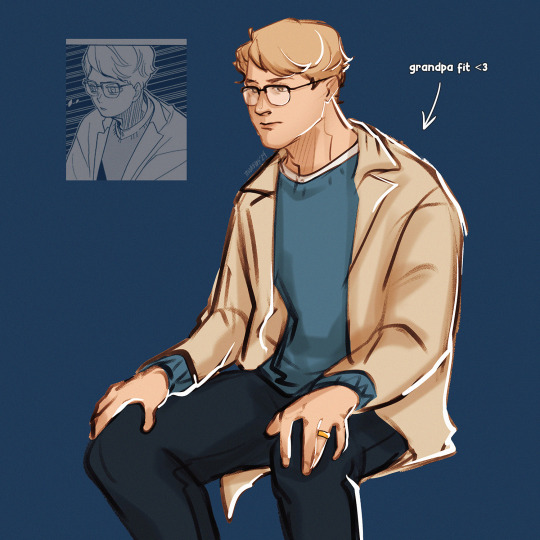
my darling tsukki!
#i still can't believe he works at a museum in post-timeskip like?? that's so fitting???#my dinosaur loving dinosaur living his dream as a curator/tour guide?? good for him#i can imagine tsukki stoically explaining sculptures and paintings but his eyes are all lit up when they reach the dinosaur section LMAO#i'd give tsukki all the strawberry shortcakes in the world!!!!!!! ILOVEHIMSOMUCH!!#my art#2024#haikyuu#haikyuu!!#hq#hq!!#tsukishima kei#tsukishima#haikyuu tsukishima#haikyuu tsukki#tsukki#kei tsukishima#art#fanart#digital art#digital drawing#anime#manga#sketch#doodle
3K notes
·
View notes
Text
#as someone who works in a big museum#this should be fun lol#what is the ecosystem of tumblr when looked at in this way#tumblr#polls#museum
4K notes
·
View notes
Text
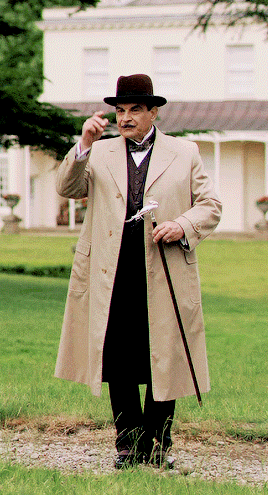
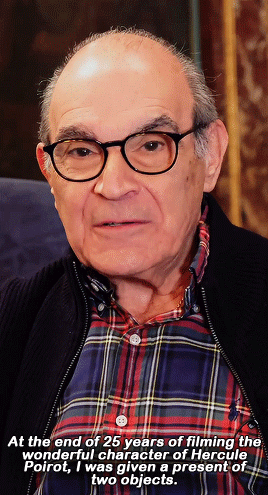
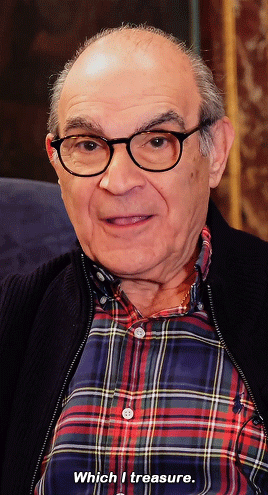
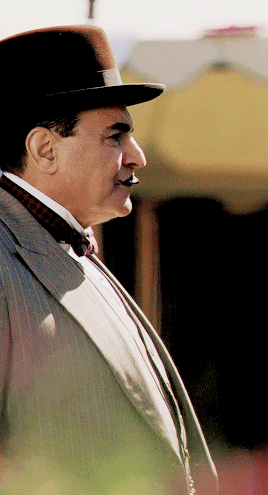
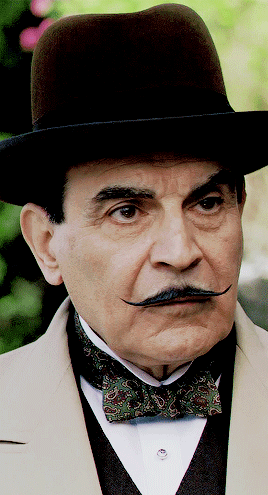
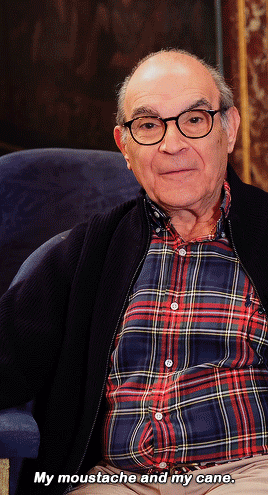
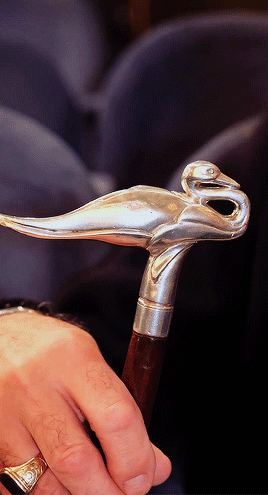
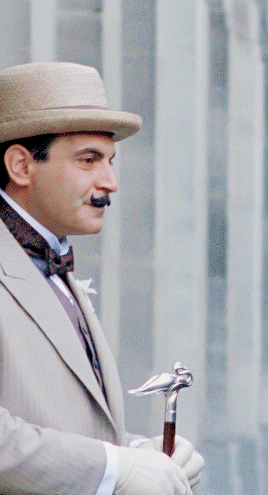
Sir David Suchet on the gifts he received from Agatha Christie's Poirot tv series → Capital Theatres interview, January 12 2024
"I know how fortunate I am to have had the opportunity to play such an astonishing character over all these years, and to see him blossom so dramatically around me, to see his exploits dubbed into more than fifty languages and broadcast in almost every country in the world. It is amazing, humbling, and the greatest present that I could ever have been given." - David Suchet, Poirot and Me
#poirot#hercule poirot#agatha christie#david suchet#perioddramaedit#tvedit#tvandfilm#poirotedit#*edit#poirot 3x07: the double clue#poirot 13x03: dead man's folly#the sweetness of this man is neverending#i've made a similar gif set several years ago#about the cane and moustache he was gifted#this is the newest interview where#he actually shows the items <3#the swan cane is probably my fave poirot item#i also adore his vase pin but the cane is THE ONE#the frame with the moustache says#it's been the most wonderful experience#working with david <3<3#i wonder what happened to the previous moustaches#likely on display somewhere in museums
867 notes
·
View notes
Text
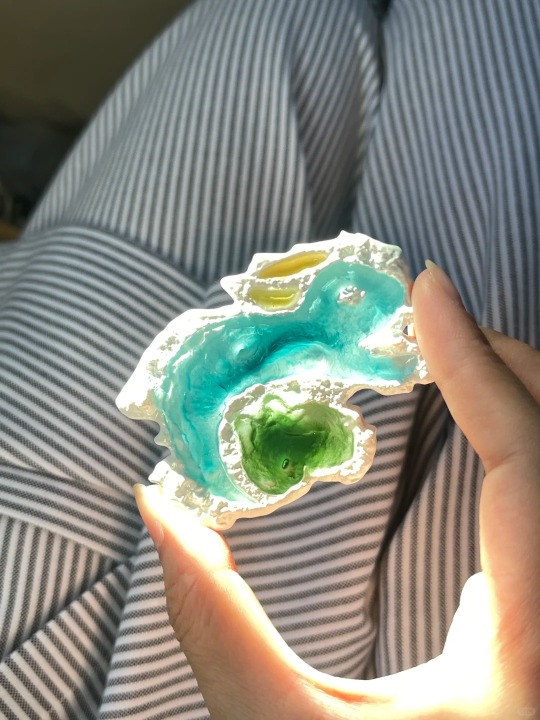
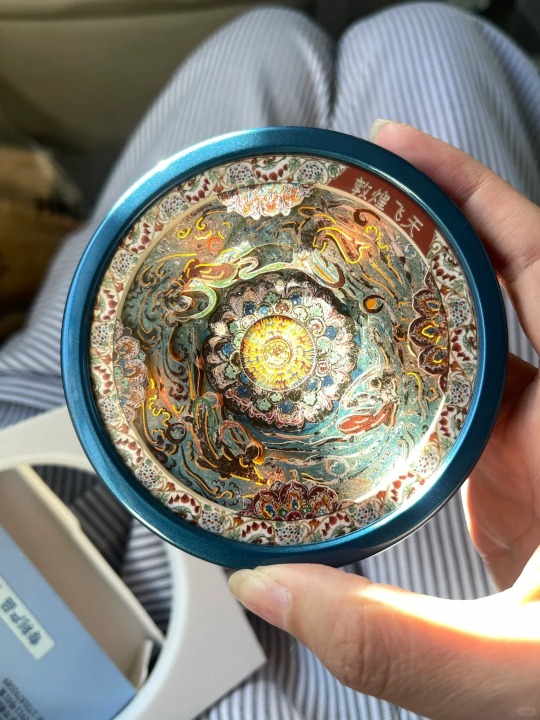
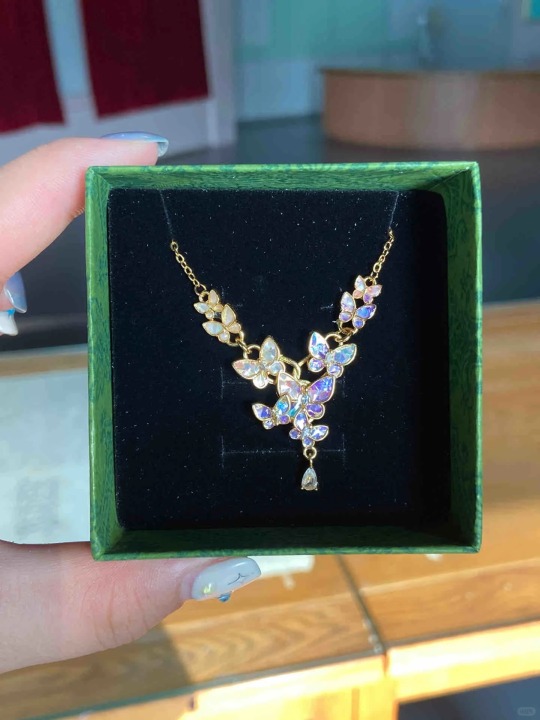
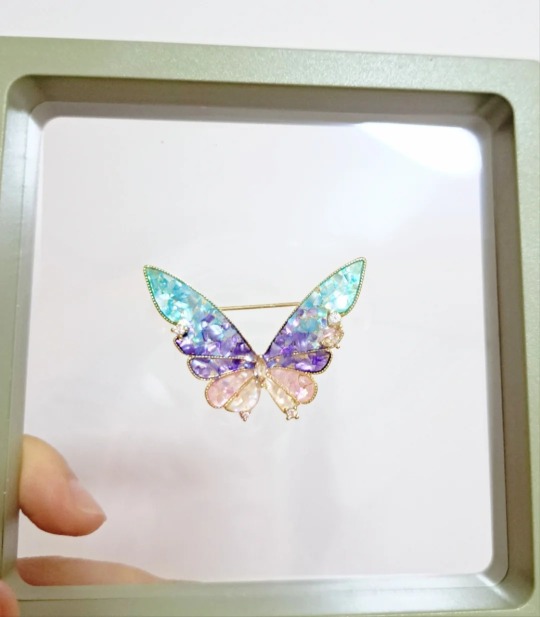
cnetizens post souvenir they got at various chinese museums
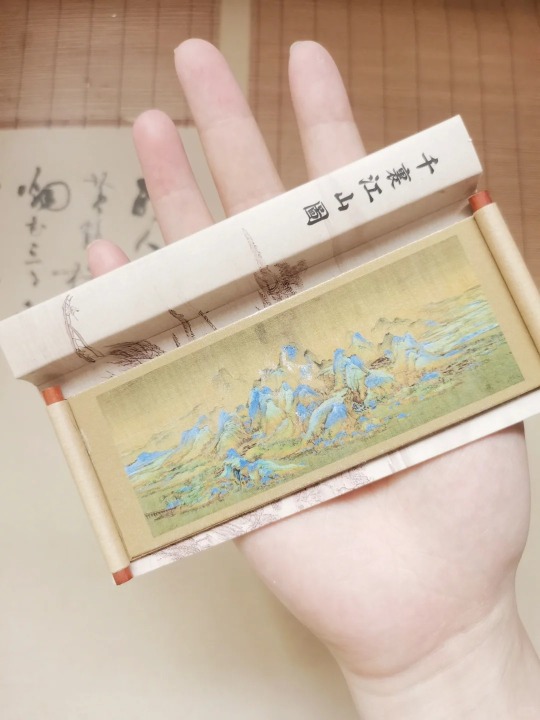
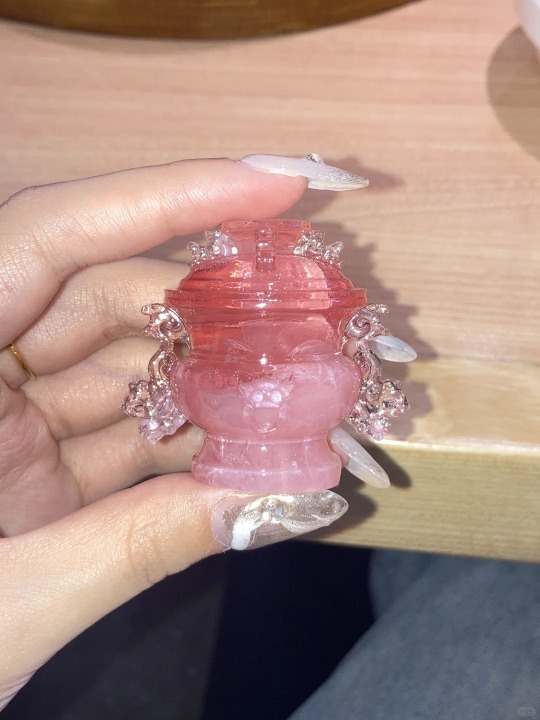
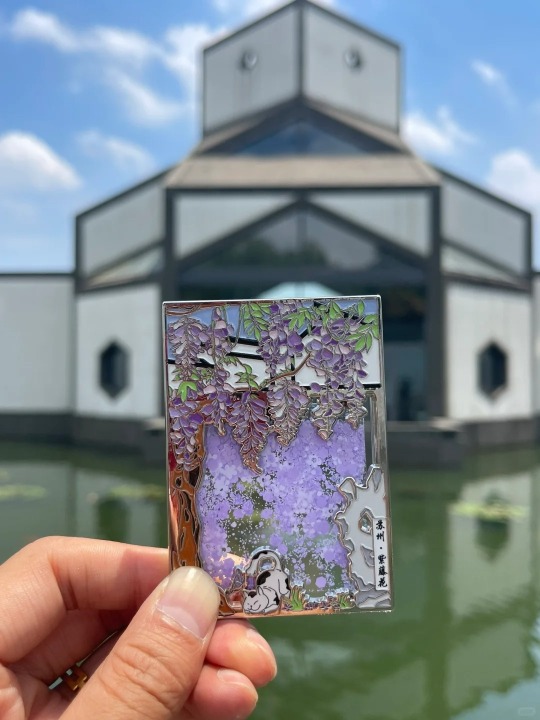
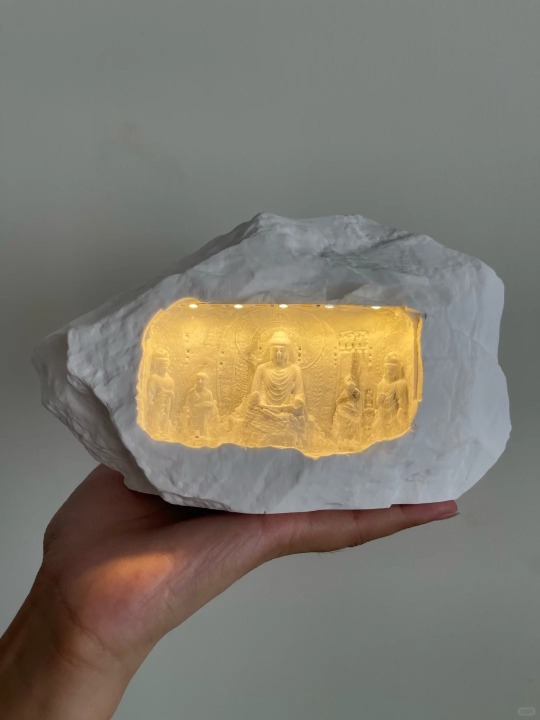
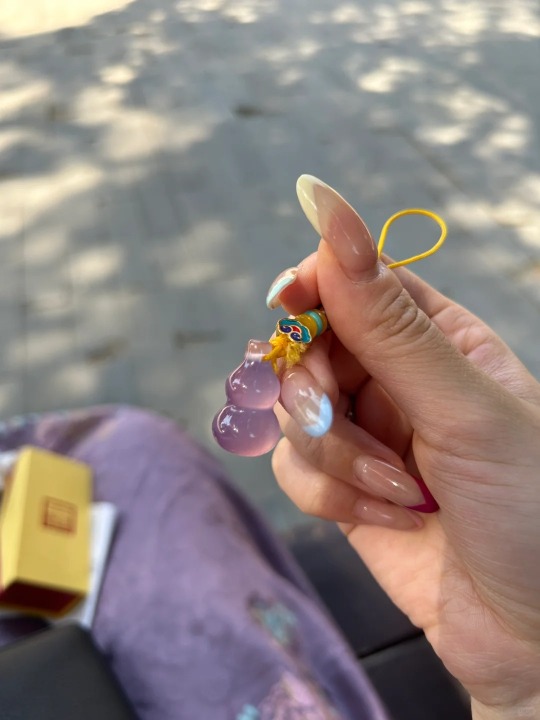
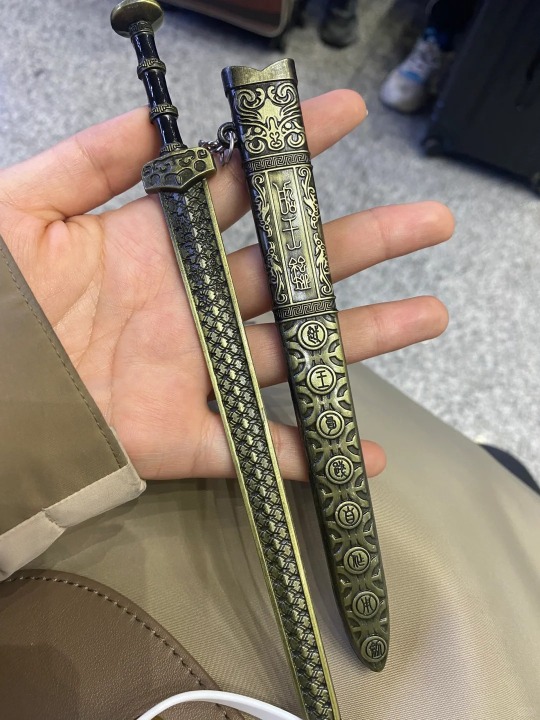
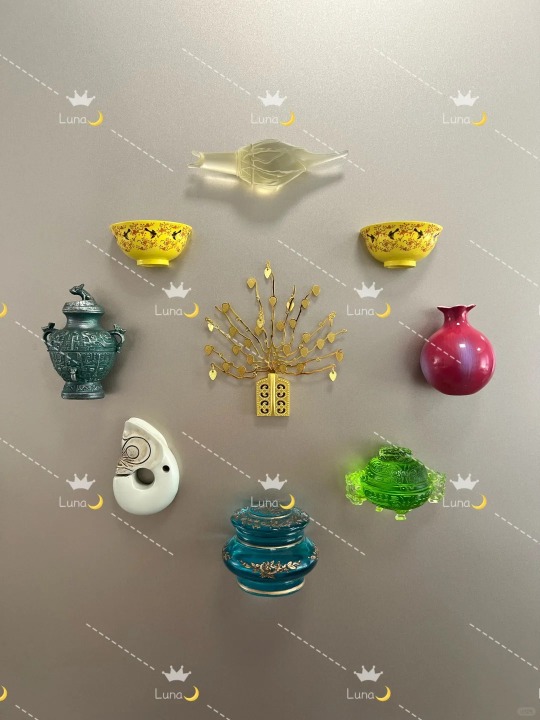
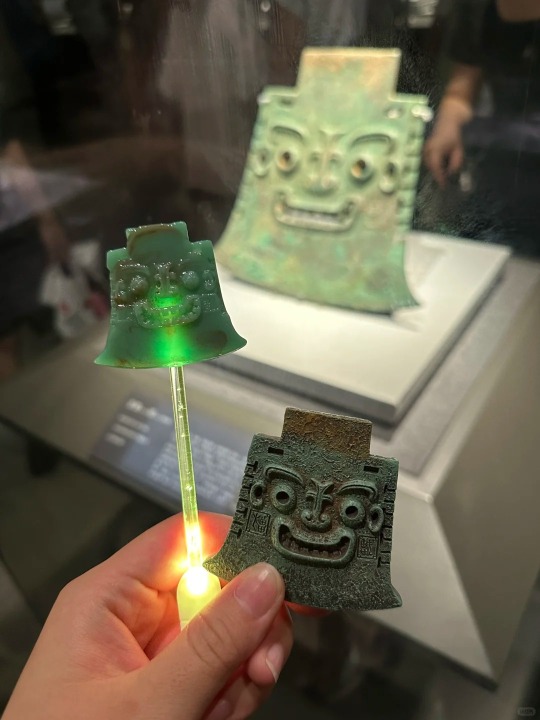
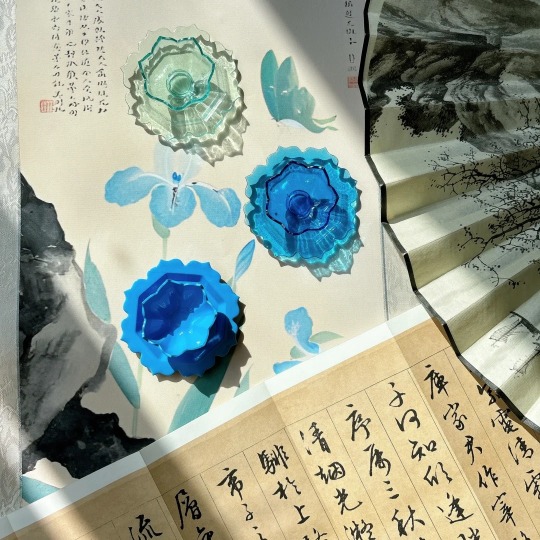
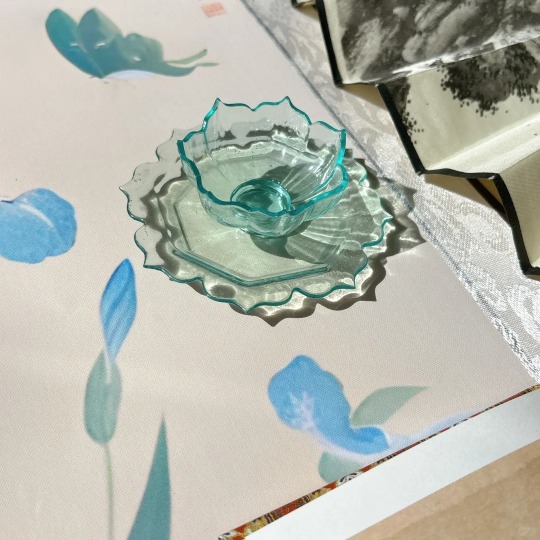
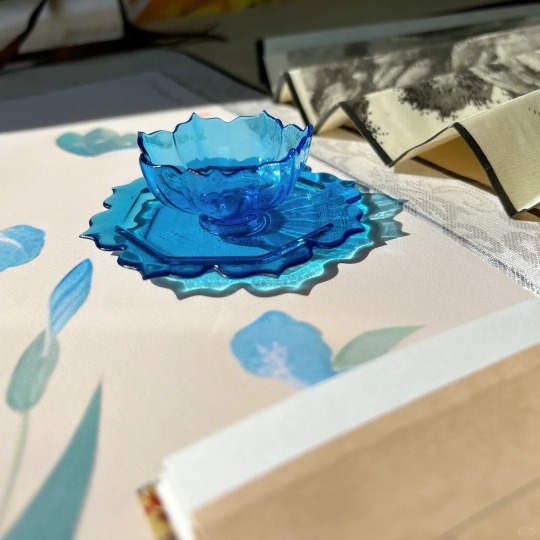
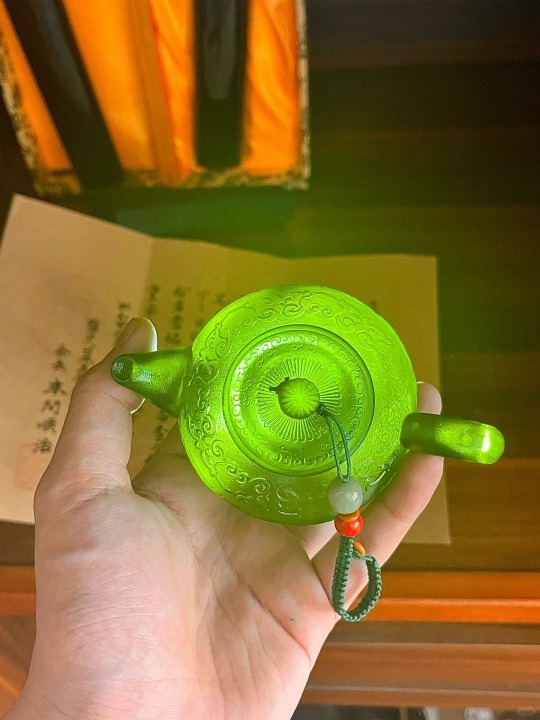
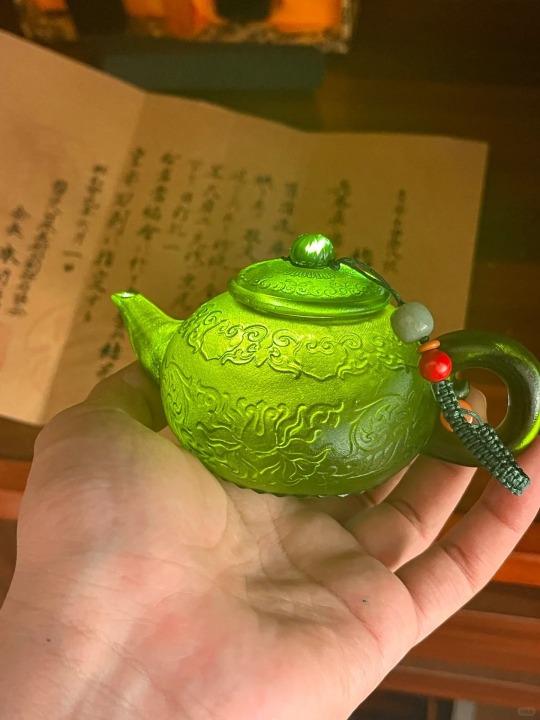
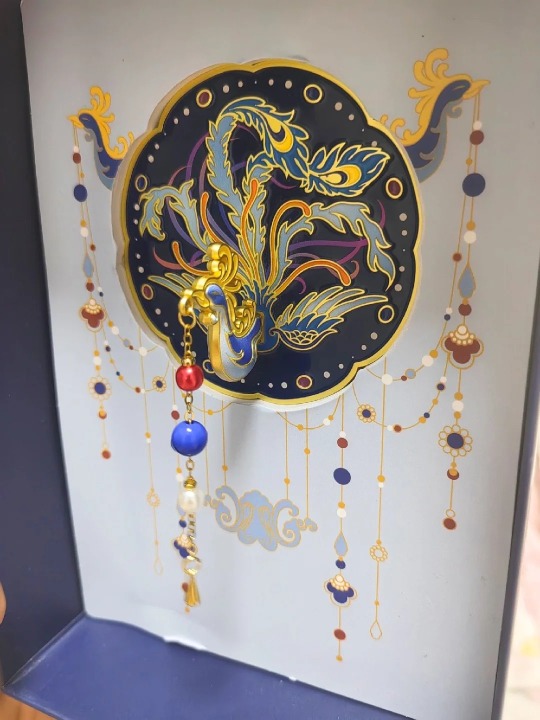
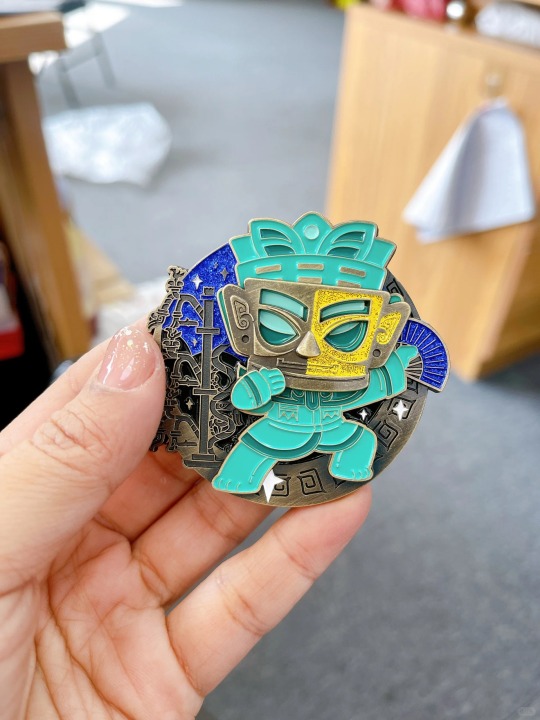
these are all fridge stickers
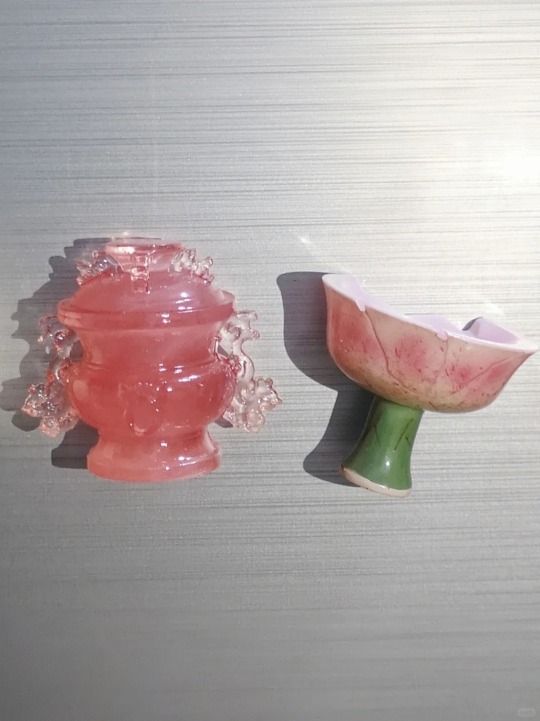
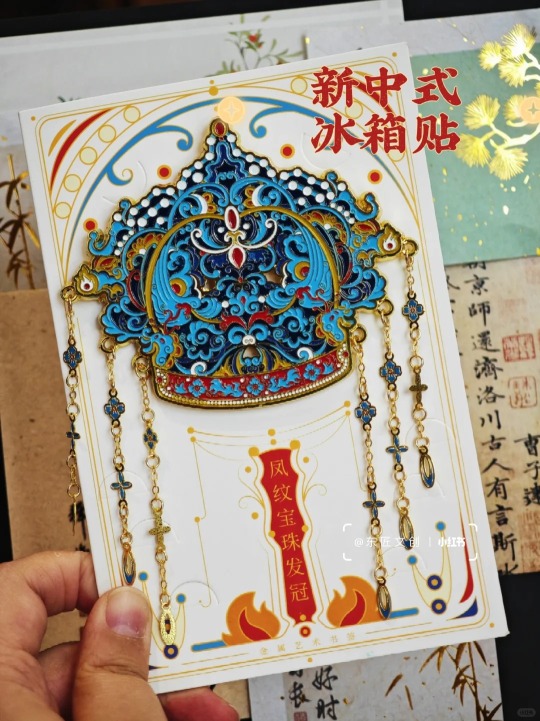
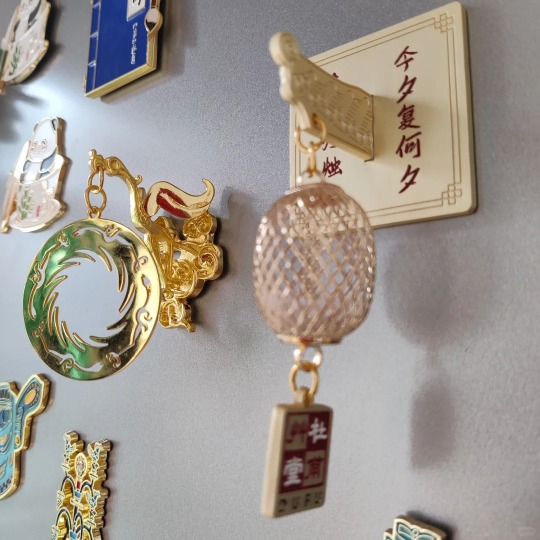
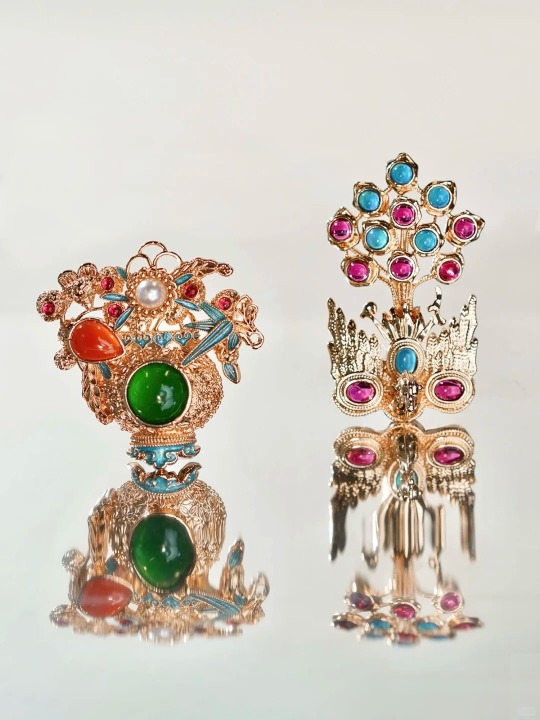
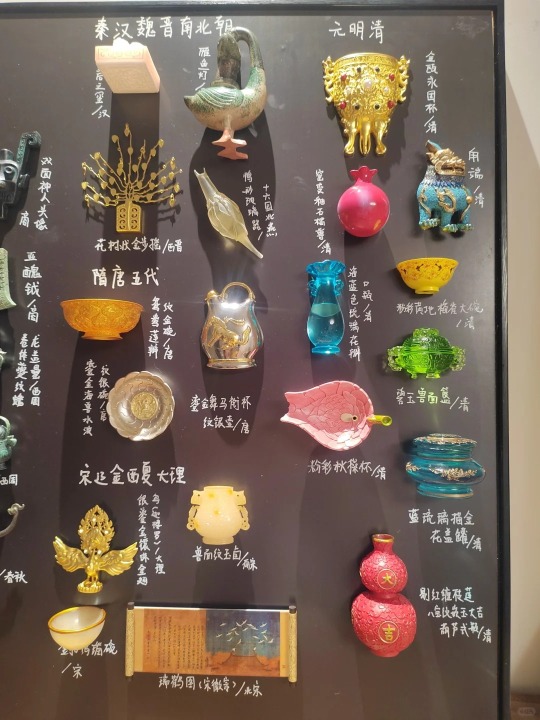
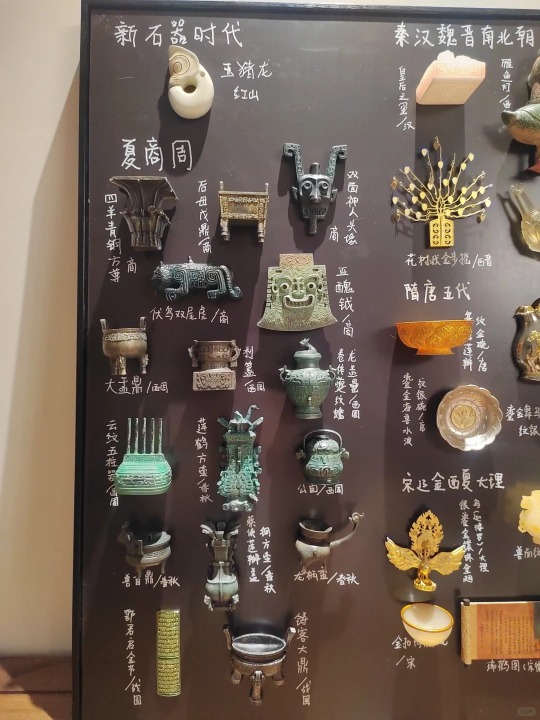
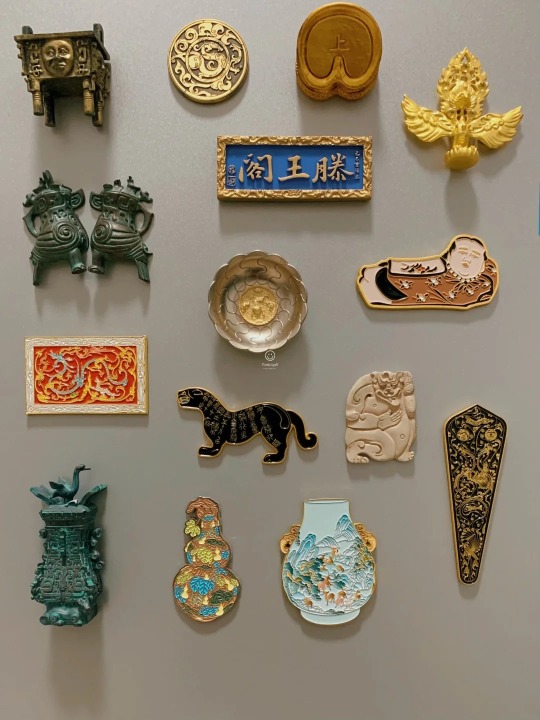
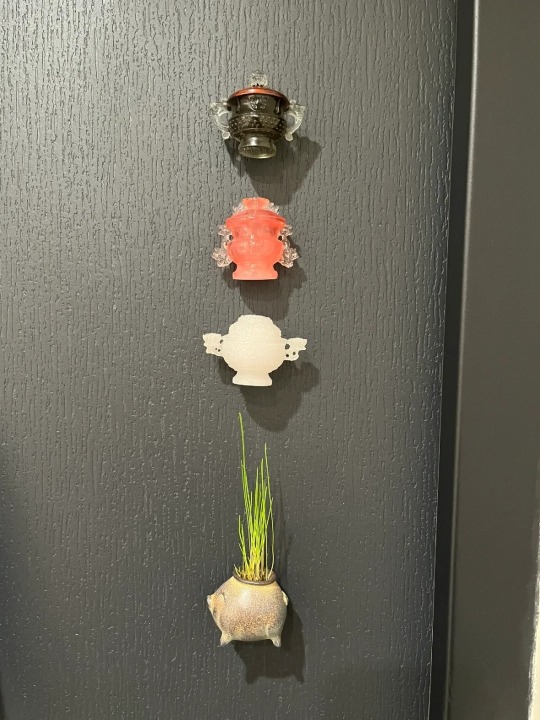

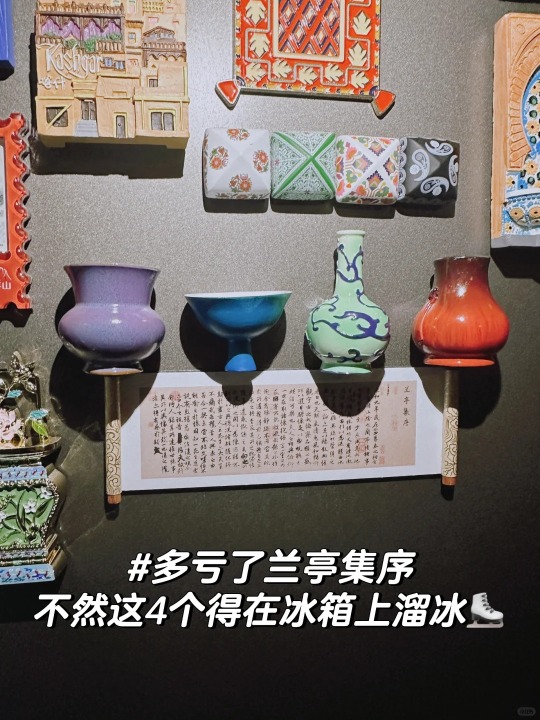
#china#art#crafts#museums#souvenir#also#British Museum#just return artifacts from other cultures to their countries#I don't know how many times it's been said#I remember that they did not know how to preserve a very precious Chinese painting (looted and traded by illegal means during the war)#but actually cut the painting into four pieces#as a result of which the paper of the painting began to deteriorate#and they had to go to China to ask for help#and China sent an expert in cultural relics preservation to restore the painting#and they still refused to give back these works of art at this point#smh
535 notes
·
View notes
Text

haha chat you wont believe what i got myself into haha
#tkatb vn#tkatb oc#tkatb sol#tkatb fanart#the kid at the back#the kid at the back vn#the kid at the back sol#the kid at the back fanart#solivan brugmansia#meeks museum#oc#original character#Emi#very sane meeku behaviour#haha wow this game has a lot of tags idk which one to use haha#was streaming this game on my fb out of boredom and cuz i was binging random dating sim flash games these past few days#fell in love w sol; bro is kinda like kylar if he wasnt a loser or smth#maybe when i have time; ill make highlights of the stream and post it here (maybe on yt too harhar)#i need to do my work now ok bye (watch miku not do her work)
820 notes
·
View notes
Text
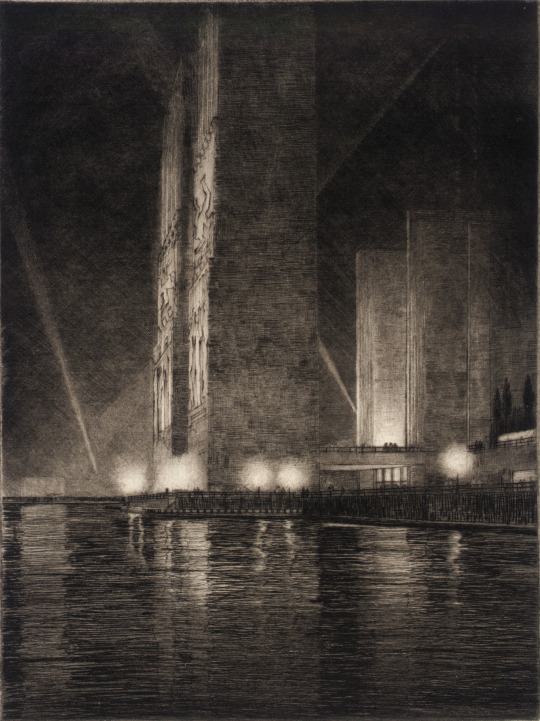
Electrical Building at Night, Chicago Fair, Gerald K. Geerlings, circa 1933
Drypoint on paper 11 ⅞ x 8 ⅞ in. (30.3 x 22.7 cm) Smithsonian American Art Museum, Washington, DC, USA am
#art#gerald k geerlings#modern art#20th century art#1930s#20th century#chicago#illinois#drypoint#works on paper#print#smithsonian american art museum#american#night scene#100 notes#250 notes
539 notes
·
View notes
Text
"most allegedly haunted houses turn out to have gas leaks!"
no they don't. you are merely skimming the surface of mundane shit that can be wrong with old houses with your one puny little explanation that only fits a very small number of cases. try harder
#ghosts#hauntings#paranormal#like dude I'm a believer but I work in house museums and live in a place where 1930 is NEW for an apartment building#weird pressure differentials! animals trapped in the walls! bad window and door seals causing drafts! expanding and contracting wood!#to say NOTHING of the wiring Shenanigans. oh boy are they many.#GET CREATIVE WITH IT!
7K notes
·
View notes
Text
Dead Language Expert
Danny never thought that he could "major" in languages, and get a job as a translator. But apparently knowing all the dead languages by default and being able to time travel with the help of your ghost tutor was pretty useful outside of Amity.
It happened purely by chance, he was walking through a museum and started laughing because of a mistake in one of the sentences that completely changed the meaning of the text. The museum manager, of course, did not believe him, since many people had said that the piece was "impossible to translate". But he study it anyway.
Days later they were looking for him to translate all the things from that time. And he just carried on with it, in many more civilizations. In some cases he even asked for a few trips to the past to Clockwork to verify.
It got to a point where the wizards, heroes and villains over the world knew him as "the translator of dead languages" and some of them even tried to kidnap him to perform a summoning ritual. Danny rolled his eyes and easily freed himself, but the League assigned him an "escort" anyway.
Exasperated, the halfa escaped from his escorts and continued his work as normal. Superman almost fell out of his chair at the Watchtower meeting when he was informed that the boy had translated the language of Krypton and other missing planets. Besides having managed to lose both the Flash and Green Latern, what the fuck?
#dpxdc#Danny know all dead languages by default#is part of being a ghost#or part of being him#he's not sure#The museum manager asked him to translate and he accepted#he didn't expect the payment but it was good#so he ended working in translating#it was easy and he could time travel if he had any doubt#dp x dc#dc x dp#Justice League is worried about his knowledge#but he didn't do anything wrong#Danny is considering teaching at a university for fun#People think Danny is human and he didn't correct them#He also asked Clockwork for help so no one would notice his status as a halfa#Danny doesn't like being kidnapped but at this point in his life it's nothing more than a nuisance#while he could fight the summoning he really doesn't want to
5K notes
·
View notes
Text
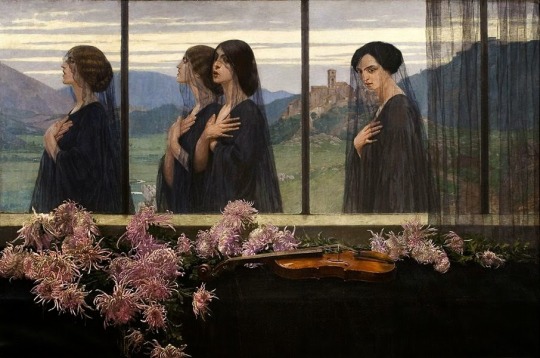
Edward Okuń (1872-1945) "The Four Strings of a Violin" (1914) Located in the Arizona State University Art Museum, Tempe, Arizona, United States
#paintings#art#artwork#painting#funeral#edward okuń#edward okun#fine art#museum#art gallery#polish artist#musical instruments#instrument#pink flowers#clothing#clothes#black dress#dresses#side profile#female portrait#portrait of a woman#veil#1910s#early 1900s#early 20th century#a queue work of art#1k#2k
3K notes
·
View notes
Note
Why is your shit work so overpriced

hey if you wanna be a coward on anon at least do your research lol
#my ceramic work is expensive because it's extremely labour intensive and that high labour work is featured and sold in museums and galleries#it's not rocket science babe#ask
428 notes
·
View notes